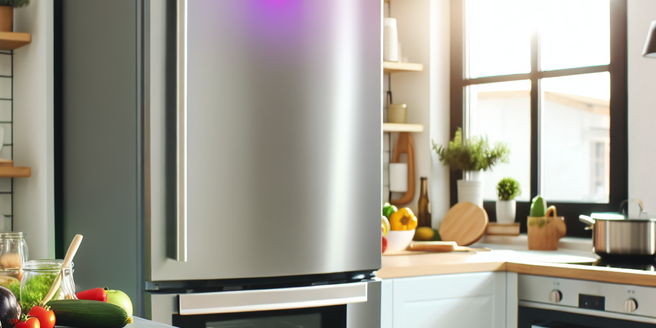Understanding Energy Efficiency Basics
Energy efficiency refers to using less energy to perform the same task. The goal is to eliminate energy waste and to make better use of available resources. It often involves adopting technologies and practices that consume less energy while maintaining comfort levels. Improving energy efficiency in a home can include actions like upgrading insulation, using energy-efficient appliances, or even simple changes like turning off lights when not in use. An efficient home not only reduces energy bills but also minimizes greenhouse gas emissions, contributing to a healthier planet. Understanding how energy is consumed and taking strategic steps to improve efficiency is essential for any homeowner looking to reduce their energy footprint.
Practical Tips for Reducing Energy Usage
Reducing energy usage in your home doesn’t require a complete overhaul. Start with simple changes: seal gaps around windows and doors to prevent heat loss, use LED bulbs, and establish a habit of unplugging devices when not in use. Programming your thermostat to lower the temperature when you’re asleep or away can lead to significant savings. Consider using power strips to make it easier to turn off multiple devices at once. Leveraging natural light during daytime hours can reduce reliance on artificial lighting. Small steps combined make a big impact over time, and can significantly reduce your energy bill.
Energy-Efficient Appliances: What to Know
Investing in energy-efficient appliances can lead to substantial long-term savings by lowering utility bills and reducing environmental impact. Look for appliances with the ENERGY STAR label, which indicates they meet energy efficiency guidelines set by the U.S. Environmental Protection Agency. Modern refrigerators, dishwashers, and washing machines are designed to consume less energy and water while maintaining performance standards. It’s essential to consider the size and capacity of the appliance to avoid unnecessary energy consumption. Energy-efficient lighting options, like LED bulbs, also contribute to savings. The initial investment in efficient appliances pays for itself over time in reduced utility costs.
Insulation and Weatherization Techniques
Effective insulation and weatherization are critical to maintaining comfortable temperatures in your home while minimizing energy usage. Properly insulating walls, attics, and basements helps keep warm air inside during the winter and prevents cool air from escaping during the summer. Weather-stripping doors and windows can prevent drafts and heat loss. Consider adding storm windows or thermal curtains for additional protection. These techniques not only enhance energy efficiency but also improve the overall comfort of your living space by reducing drafts and cold spots. Investing in proper insulation is one of the most cost-effective ways to achieve long-term energy savings.
The Role of Smart Home Technology
Smart home technology plays an integral part in enhancing home energy efficiency. Smart thermostats, which can be controlled remotely via smartphone apps, can reduce heating and cooling costs significantly by learning your schedule and adjusting temperatures accordingly. Automated lighting systems ensure lights are only used when needed, and smart plugs allow you to monitor and control device energy usage remotely. These technologies provide homeowners with the tools to understand and manage their energy consumption more efficiently. By integrating smart systems, homes can adapt to occupant behavior, further optimizing energy use without sacrificing comfort or convenience.
Long-Term Benefits of Energy Efficiency
Energy efficiency offers numerous long-term benefits that extend beyond immediate monetary savings. An energy-efficient home has lower utility bills, which can free up household budgets for other needs. Additionally, these homes tend to have higher resale values and can provide a market advantage if listed for sale. Furthermore, energy conservation reduces carbon footprints, contributing to environmental protection and combating climate change. Homes that are energy efficient also tend to have improved indoor air quality and comfort levels. By investing in energy efficiency, homeowners contribute to a sustainable future while enjoying a range of economic and health benefits.



